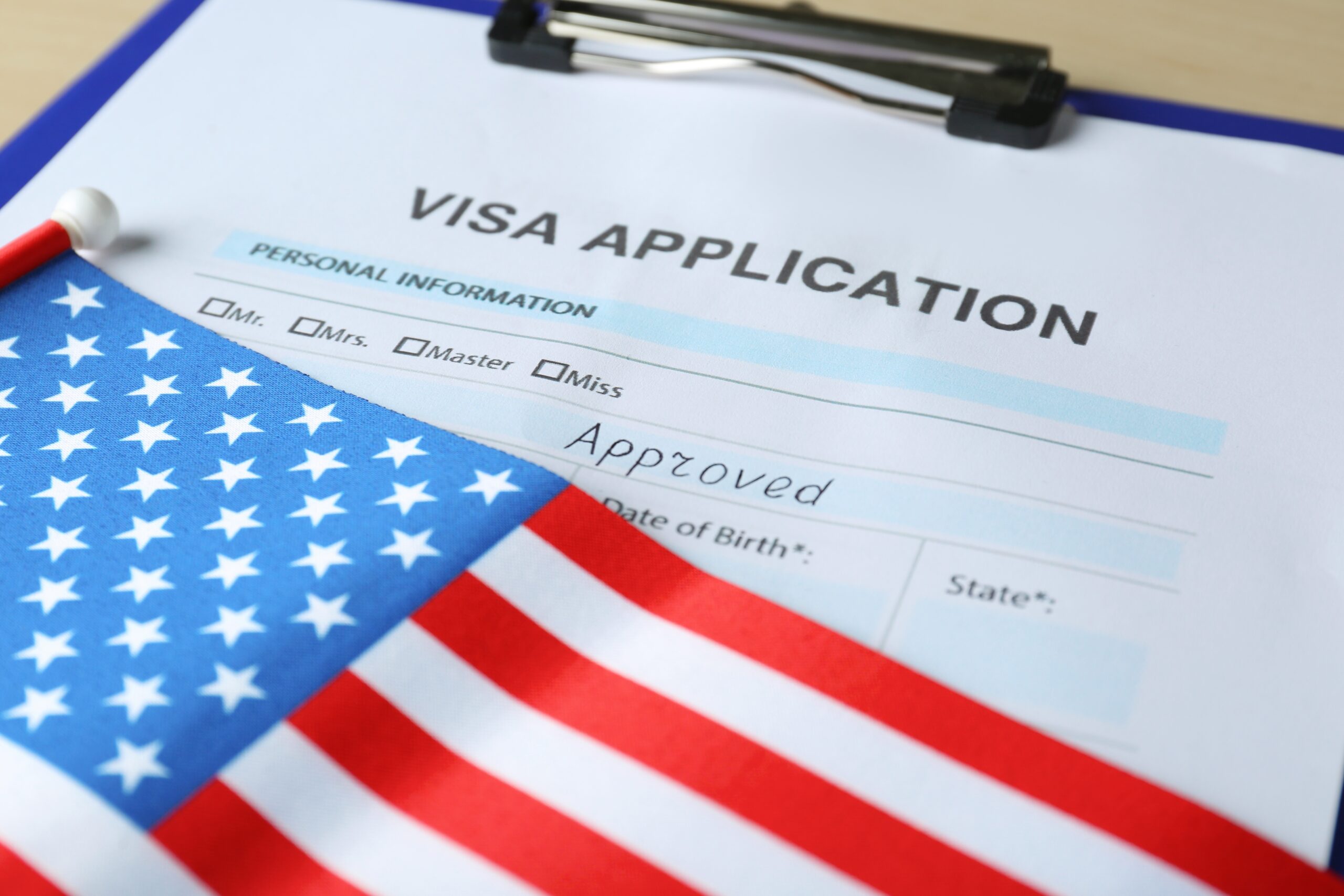NYC Fraud Scheme Exposes Visa System Flaws

Two New York City men were apprehended and charged last month with orchestrating fake armed robberies across the United States. The alleged motive for their unusual crimes was to fraudulently exploit immigration benefits linked to the U.S. visa program.
Rambhai Patel, 36, and Balwinder Singh, 39, were accused of staging at least eight armed robberies in various convenience stores and fast food outlets. They each have been charged with one count of visa fraud for this elaborate scheme. The faked robberies included simulated threats to store clerks with what appeared to be firearms.
The fake “victims” who were store clerks and owners allegedly participated in the scheme willingly, paying Patel to execute the staged holdups. The crooks sought to benefit from the U visa program — a system intended to provide relief to immigrants who have been victims of crimes and agree to cooperate with law enforcement officers in investigating the crimes.
In 2023 alone, United States Citizenship and Immigration Services received over 53,000 U visa applications and granted nearly 18,000. Meanwhile, a massive backlog of over 344,000 unprocessed applications persists. The extensive wait times that result are up to five years for work authorizations and up to ten years for the final visas.
More concerning is the shifting nature of immigration policy enforcement from one presidential administration to the next. The long wait times for U visas mean that applicants often apply under one administration’s policies and receive decisions under another. The resulting inconsistent results further complicate the process, making it even more susceptible to exploitation by bad actors.
According to a report by the Federation for American Immigration Reform (FAIR), the total economic cost of illegal immigration on U.S. taxpayers in 2023 was estimated at over $66 billion at the federal level and about $115 billion at state and local levels.
If convicted, Patel and Singh each face a fine of up to $250,000 and a maximum of five years in prison.
























